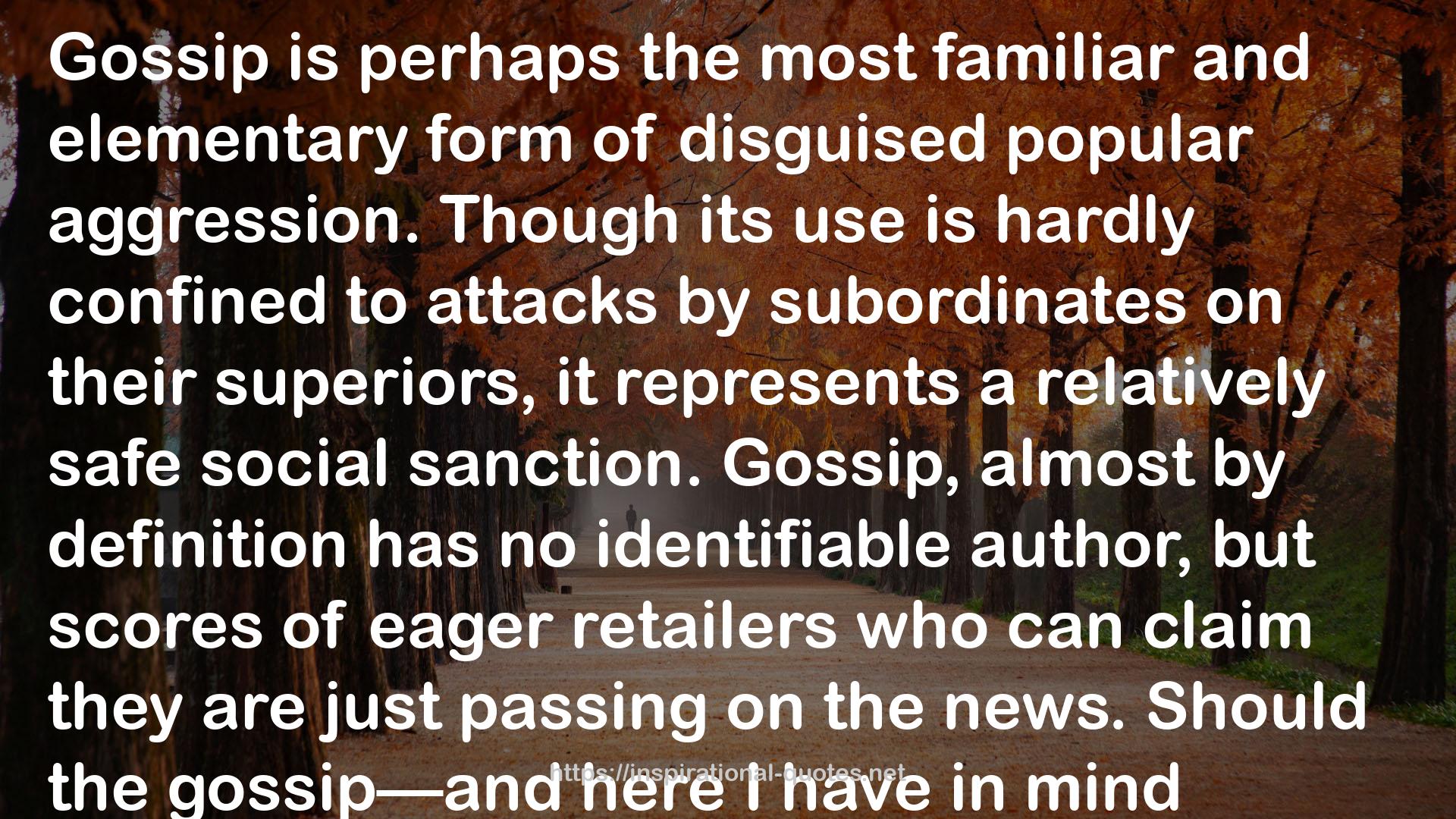Domination and the Arts of Resistance: Hidden Transcripts QUOTES
SOME WORKS
- The Voyage Out
- From Julia Child's Kitchen
- College Streeter Chaplin
- Hamster im hinteren Stromgebiet (Alle Toten fliegen hoch #5)
- Footprints in the Sand (Wedding Cake Mystery, #3)
- Dave Barry's Guide to Life (Contains: "Dave Barry's Guide to Marriage and/or Sex" / "Babies and Other Hazards of Sex" / "Stay Fit and Healthy Until You're Dead" / "Claw Your Way to the Top")
- The War for Banks Island
- The Hole Opportunity - Bronze Winner for Adult Fiction, Wishing Shelf Book Awards 2013
- Why We Get Fat: And What to Do About It
- The Leangains Method: The Art of Getting Ripped. Researched, Practiced, Perfected.

